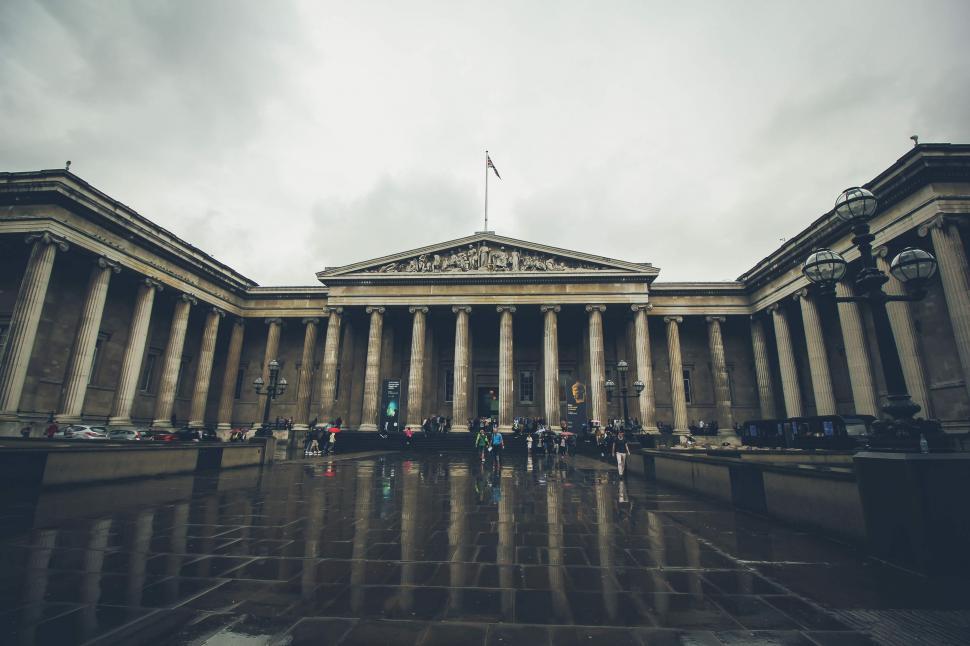Thirteen million artifacts are present and their origins range from 15th century Mesopotamia all the way to 19th century England. With an elaborate collection like this one, you would expect that the British Museum would have top-notch security, making sure that each irreplaceable item is kept safe and intact. However, it has recently come to light that about 2,000 artifacts have been stolen from the British Museum’s archives.
And what’s even more surprising than the sheer number of artifacts that were stolen is the fact that the museum has known about the issue since 2016. However, a conversation about it only started a few months ago.
British-Danish art dealer Ittai Gradel notified The British Museum about possible stolen artifacts in 2021. Gradel told The Associated Press that he had seen items on eBay that were allegedly part of a collection that was donated to the museum in 1814. And through further investigation, he realized that the seller was a museum staff member who had since been fired. However, after bringing his discovery to the museum’s attention, he was met with indifference. According to Gradel, the museum director claimed that no theft had been detected by their investigations and that “he basically told me to sod off and mind my own business.”
Museum director Hartwig Fischer has since resigned in response to these thefts. He attributes the delayed reaction to “potential groupthink,” saying that they “just couldn’t believe that an insider was stealing things, couldn’t believe that one of the members of staff were doing this.”
However, the theft still doesn’t answer the question of the museum’s security—it only raises the quandary of which heist is more concerning: the one that was perpetrated against the British Museum or the one that the British Museum seems to have committed?
The British Museum’s extensive collection of artifacts comes from a myriad of countries that have not consented to their use. These countries have additionally been asking for return of these items for years and the 2000 missing items have only exacerbated the issue. The museum has been constrained by the British Museum Act of 1963, but since the theft of these items, many countries have asked the British Museum to return them due to the (reasonable) belief that the museum can no longer be trusted.
Countries such as Nigeria, India, Greece, and China are all speaking up, considering the fact that many of their cultural artifacts were looted by colonial forces. “The British Museum is a microcosm of the history of British colonial expansion. Even if the U.K. has wiped the fingerprints of the looters on these artifacts, it cannot erase the true ownership of these cultural properties,” the Global Times wrote.
With many of these cultural artifacts, which don’t seem to belong to the British, are not being shown to the public, and are now not being kept safe, there is bound to be more conflict between the British Museum and the countries to whom these artifacts belong. No matter the number of items that the museum recovers, the floodgates have nevertheless been opened, and there is no turning back from this now.














































































































































